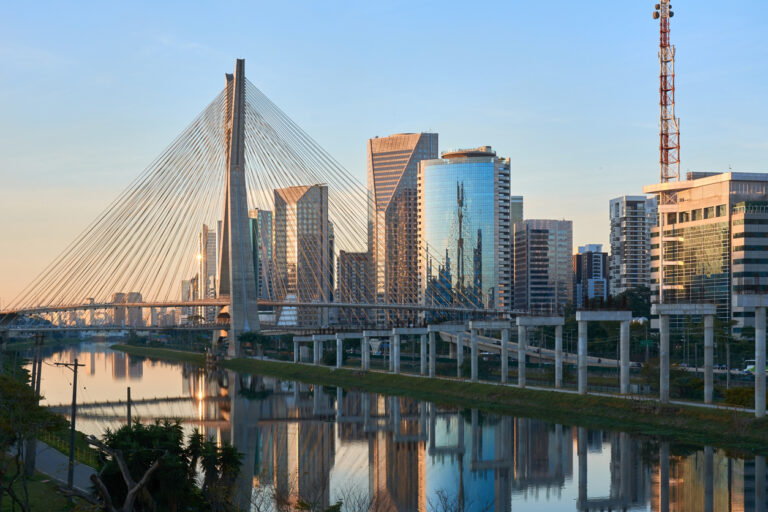Governments responding to the Covid-19 pandemic are right now focused on survival, delivering healthcare and emergency support for shut-down businesses and people thrown out of work by lockdowns. These responses will have an impact on the natural environment. So far around $840 billion has gone to sectors with a high environmental impact in 11 G20 countries and the crisis has been seized upon as reason to relax environmental protection regulations. Worryingly though, long-term environmental sustainability has not been a key consideration.
With roads emptying and factories closed, air quality has dramatically improved in recent months and emissions are estimated to be down 8%. This puts the world on track to achieve the Paris Agreement ambition of a maximum global temperature rise of 1.5°C if the same reduction is achieved every year for the next decade.
However, experience shows that carbon emissions tend to climb sharply in post-crisis recovery periods (PDF). As governments begin to formulate recovery plans, there are rising fears they could push for short-term economic gains at all cost. This could undermine climate goals and the imperative to move production and consumption onto a path of rapid decarbonisation, as well as efforts to protect and restore natural capital.
The pandemic offers an opportunity to shape climate-friendly recovery packages that both boost shorter-term job creation and incomes, and generate long-term sustainability benefits. Polling shows large popular support for recovery packages to prioritise climate change. This was also recognised by political leaders at last month’s Petersberg Dialogue.
Now is the time to put talk into action with climate compatible policy measures that don’t overlook sustainable development objectives in the scramble to restart production and give people jobs.
ODI experts Andrew Scott and Anna Locke identify some of the main issues and solutions to consider to ensure that economic recovery does not deepen the climate crisis and push the world beyond its planetary boundaries.
Read the full blog here.
This blog first appeared on the ODI site.
Author: Andrew Scott, Director of Programme – Climate and Energy and Anna Locke, Director of Programme – Sustainable Environments & Societies.
Image courtesy of John Cowper via Flickr.
The views are those of the author and not necessarily those of ETTG.



